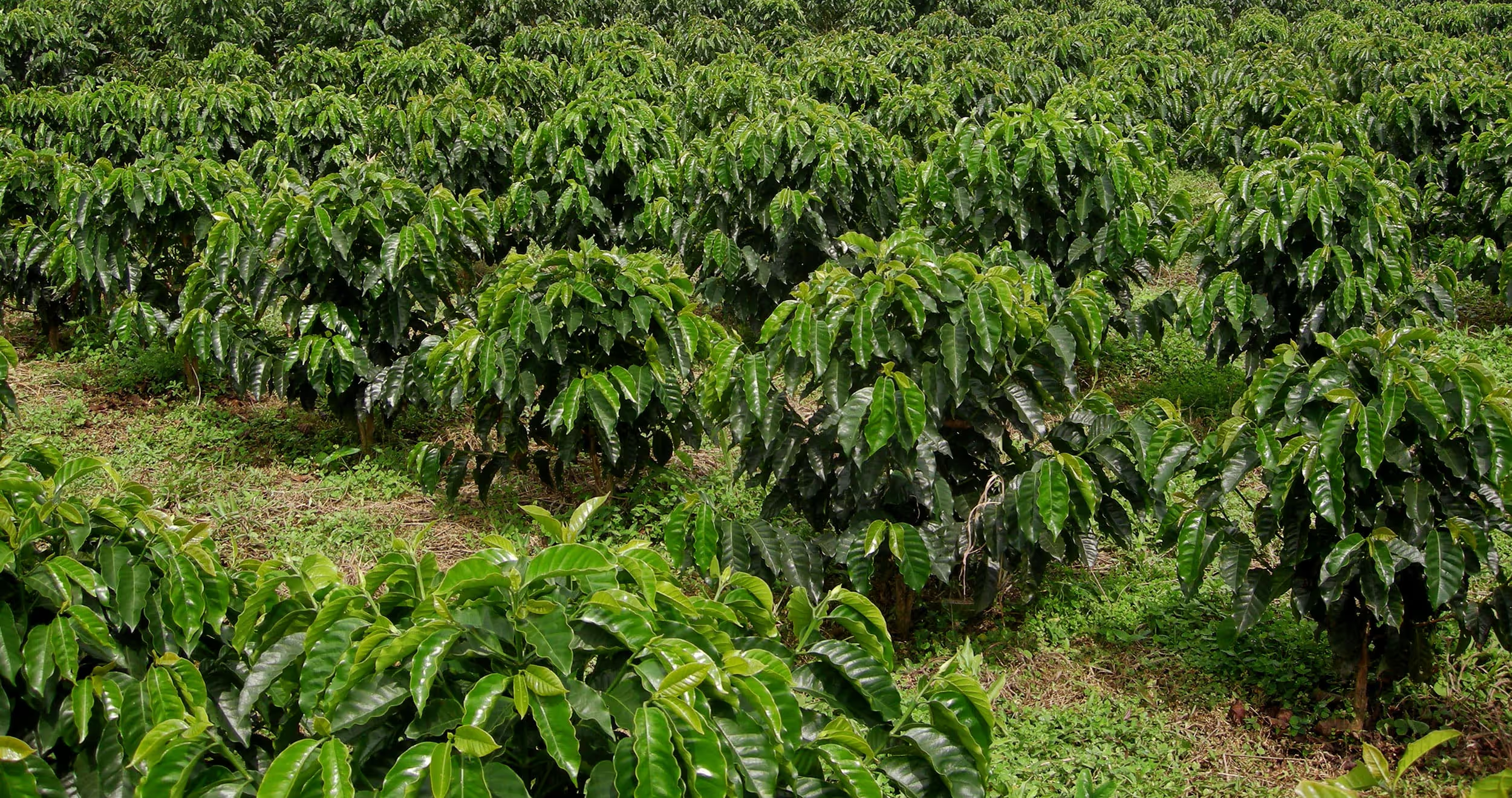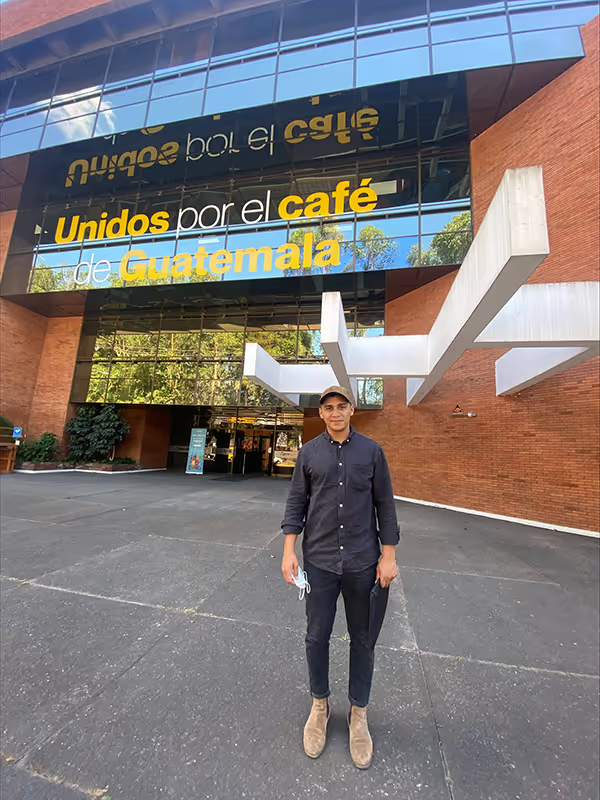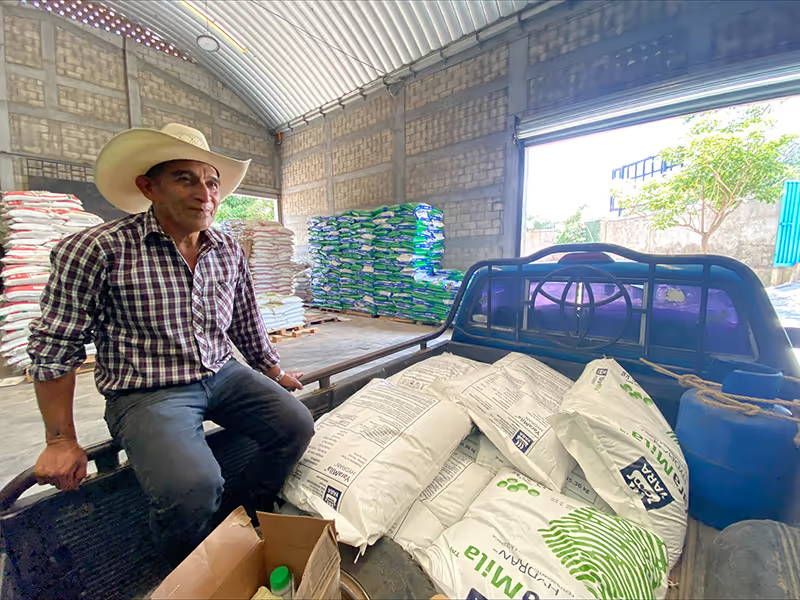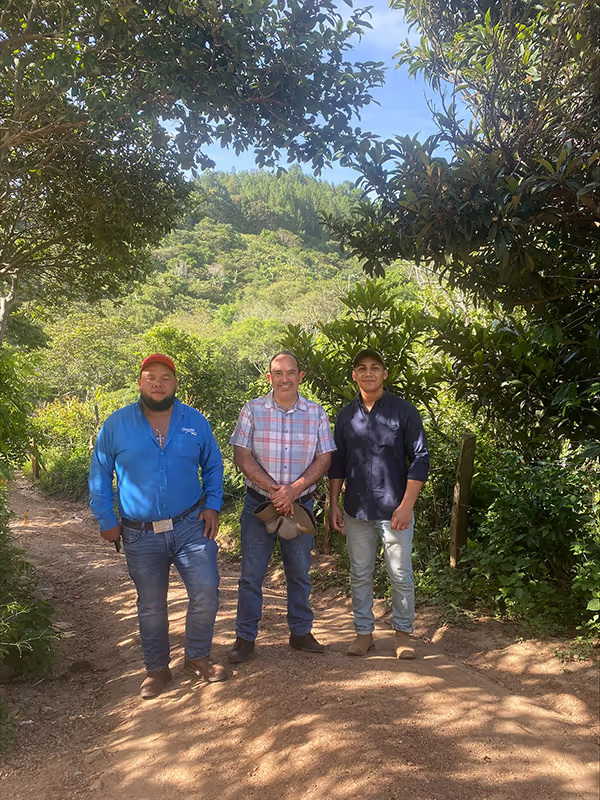
Through our processing education, CQI provides a scientific and practical approach that focuses on understanding critical theory, reducing risk, and creating standard procedures that are trusted throughout the industry. CQI strives to create recognized skills and professional opportunities for coffee processors around the world.
The CQI Processing Corner is a space where we share stories from educators, organizations and producers who have had the opportunity to apply CQI education to coffee production. To understand how CQI PHP education impacts the lives of producers we interviewed David Batres, a Q Processing Level 1 certified producer, processor, and roaster.

David was born in Montreal, but he comes from four generations of coffee growers on his father’s side. Although he spends much of his time there, working full time in accounting, he has made several changes and investments to establish a successful direct trade coffee business. David admires his family for the hard work they had put into coffee production. His great-great-grandfather had moved to a town in Guatemala called Laguna Seca – a grassy area with a few scattered trees. Years later, his son (David’s great-grandfather) planted the first coffee tree, leading to a coffee plantation many years later. In 2016, David and his sister inherited the lots, but he admits he did not know much about coffee processing at that time. Due to family events and finances, he purchased his sister’s portion in 2018 and decided he was going to invest more time and money into coffee education and focus on Finca Batres.
In 2020, David was working remotely and had been going back and forth to Guatemala so he decided to spend most of his COVID quarantine in Guatemala, tending to the farm and spending time with his soon-to-be wife. He expanded the farm even further by purchasing a neighboring lot. In 2021, David decided to contact the CQI In-Country Partner in Guatemala, Anacafe, to learn more about coffee, ask questions and increase his yield while improving quality. Anacafe had several educational opportunities online, and they even hosted virtual seminars throughout the pandemic. At that point David had a little over 5 acres total and he was only selling coffee cherries, but he wanted to do so much more.
David's wife was now pregnant, so they decided to move to Quesada a town next to the farm. While spending even more time there he decided to find a way to make more sustainable wage at the farm and improve coffee quality for the following year. He needed to learn how to process his coffee and sell it back in Montreal. Most of his family never bothered processing coffee because there wasn’t much water available, meaning he would have to invest in and build a wet mill himself. David tuned into a seminar with Anacafe where they talked about natural and honey processing methods. This inspired David to implement this at his farm, since these processing methods required little to no water. In that seminar he learned about CQI education, and he was interested in attending a Q Processing Level 1 Generalist course.
David felt that QP1 would be the best course to start with to learn the basics of how to process his own coffee. He was drawn to a course offered by PHP Instructor Bryce Castleton because it was completely virtual, which was a benefit to David since he would save on travel costs. At the time David had many expenses, balancing his farm, land, and family. Bryce had a payment plan in place for attendees which made this course even more accessible to David and other attendees. In 2022, David successfully completed his QP1 course.
David noted that the course really explained what to do as a processor and that he was intrigued by fermentation practices and different storage methods. He thinks that storage is extremely important, and many overlook this minor detail – but it can make the difference when preserving quality. David had a great experience with Bryce as his instructor because he took his time and made sure everyone understood the material.

Since taking the course, David has made a few improvements to his farm, such as:
- Sought guidance from other local professionals, including Roberto Soto from Anacafe, who could come out to his farm and offer custom advice.
- He sectioned off some land from his wife’s family’s side to dry coffee.
- He built raised beds with two levels to dry more coffee evenly.
- He acquired a pulper.
- His coffee was drying too quickly due to too much heat and direct sunlight. He spoke with Bryce and Roberto, and they recommended shade covering for his drying beds.
- He focused on naturals and honeys, limiting waste. Anacafe provided reports and cupping scores, noting that his naturals were scoring from 87-88 pts and honeys from 85-87 pts.
David exported all his coffee to Montreal with the hopes of selling the green coffee to local roasters – and even roasting some himself. He started a small roasting company in Montreal, Alyssa Coffee, named after his daughter. He wants to learn how to roast and highlight the attributes present in his coffee. If you are interested in talking to David about sampling or purchasing his coffee, you can email him here.
As he learns more about processing methods and varietals, David’s goal is to eventually plant Geisha on his farm and participate in Cup of Excellence. He is focused on improving the quality of his washed coffees and to work on more anaerobic black honeys and naturals, diversifying his offerings. David would like to continue his direct trade business, as this allows him to understand every step in the supply chain. He would like to take the Q Processing Level 2 Professional course and ultimately become a point of reference and consultant to other growers and processors in his local community. He wants to educate them on different processing methods because they have a ton of land and potential. With better results he hopes to create a cycle where workers receive better wages, encouraging them to continue working in coffee production.

David states that farmers of his entourage are in an unsustainable situation, and that they are often losing money each year. They depend on coffee to live, and he suggests that maybe if they start producing their own coffee that will be a solution. It could help them be sustainable and even be able to assist all their crops.
Click here to learn more about CQI Post-Harvest Processing education.